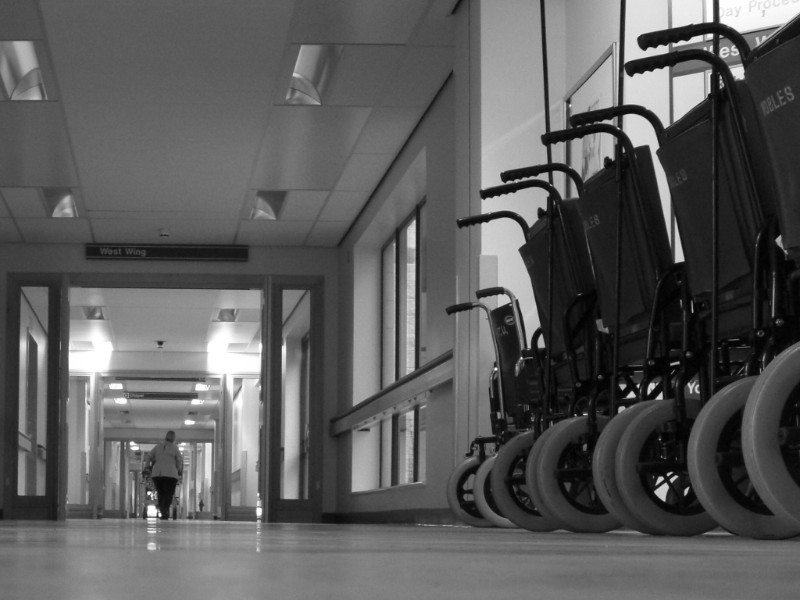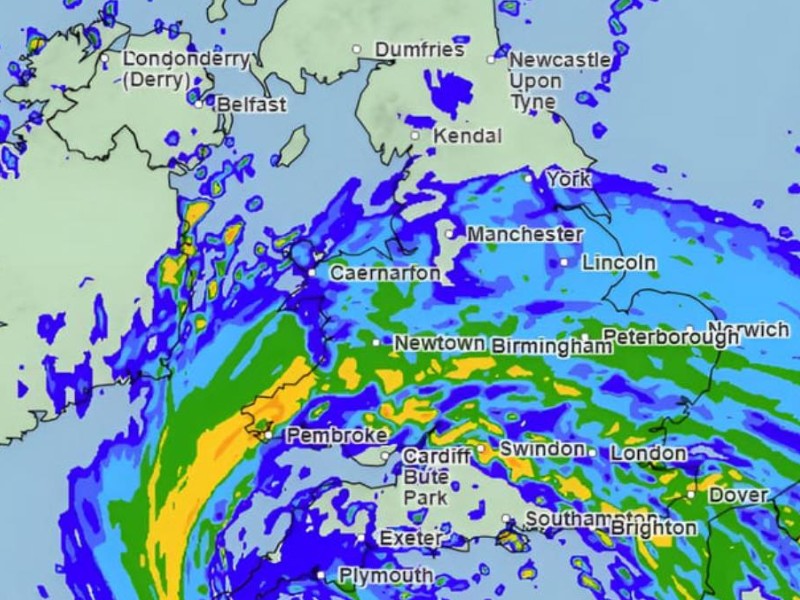
Domestic abuse will affect one in four women and one in six men in their lifetime
A new campaign spearheaded by Crimestoppers Isle of Man is hoping to put domestic abuse under the spotlight.
The charity has joined forces with Victim Support and the police on a new campaign highlighting the various types and the signs to spot.
The national campaign aims to reach people who have concerns about someone close to them who may be a victim.
To find out more, Siobhán Fletcher caught up with Detective Sergeant Emily Perkins, Police Constable Becky Creer, Victim Support Chief Executive Lorna Trevethan, and Crimestoppers Chair Karen Ramsey:
STATISTICS
The statistics surrounding domestic abuse are stark.
According to Refuge, it will affect one in four women and one in six men in their lifetime.
Two women are murdered by a partner every week in the UK.
And Victim Support estimate that a typical victim endures up to 35 assaults before speaking up, and in some cases, it can result in death.
Here on the Island, the Isle of Man Constabulary on average deal with two incidents every single day.
Since the start of 2025, there have already been over 70 recorded domestic incidents; a figure which includes incidents where the victim may not want to pursue any further action, but it has come to police attention, nonetheless.
Last year, the number of adult referrals to Victim Support Isle of Man went up by nearly 40 percent - almost half of them were related to domestic abuse, with 297 referrals in total.
Adults, no matter what their gender or sexual orientation, can also be perpetrators of abuse.
It is estimated one in four perpetrators will reoffend.
TYPES AND SIGNS
There are various types of domestic abuse; it is not only physical.
Some examples and signs include:
- Psychological/emotional abuse: Includes name-calling, threats and manipulation, blaming you for the abuse or ‘gaslighting’ you.
- Coercive control: When an abuser uses a pattern of behaviour over time to exert power and control. It is a criminal offence.
- Physical abuse: This isn’t only hitting. They might restrain you or throw objects. They might pinch or shove you and claim it’s a ‘joke’.
- Tech abuse: They might send abusive texts, demand access to your devices, track you with spyware, or share images of you online.
- Economic abuse: Controlling your access to money or resources. They might take your wages, stop you from working, or put you in debt without your knowledge or consent
- Sexual abuse: This doesn’t have to be physical. They might manipulate, deceive or coerce you into doing things you don’t want to do.
HELP
Crimestoppers say: "As a bystander, family member, colleague or friend you may feel helpless when you know someone is a victim of domestic abuse.
"Whilst ultimately the victim will need to make the decision to leave the relationship themselves, we encourage you to report your suspicions.
"We will then pass on information to the relevant police force who, with partners, may be able to intervene away from the abuser to check the potential victim is OK."
In an emergency, always call 999.
But if you want to report anonymously, you can call Crimestoppers on 0800 555 111 or fill in an online form.
You can find out more about the Crimestoppers campaign HERE.
You can hear more about the campaign in our latest Newscast available below or wherever you get your podcasts.


 Healthcare 'top priority' for many ahead of 2026 general election
Healthcare 'top priority' for many ahead of 2026 general election
 Airport warns passengers to expect disruption due to Storm Goretti
Airport warns passengers to expect disruption due to Storm Goretti
 Increase in reports of financial irregularities
Increase in reports of financial irregularities
 Garff Commissioner who resigned over sewage scheme plans says MUA faces 'major challenges'
Garff Commissioner who resigned over sewage scheme plans says MUA faces 'major challenges'
